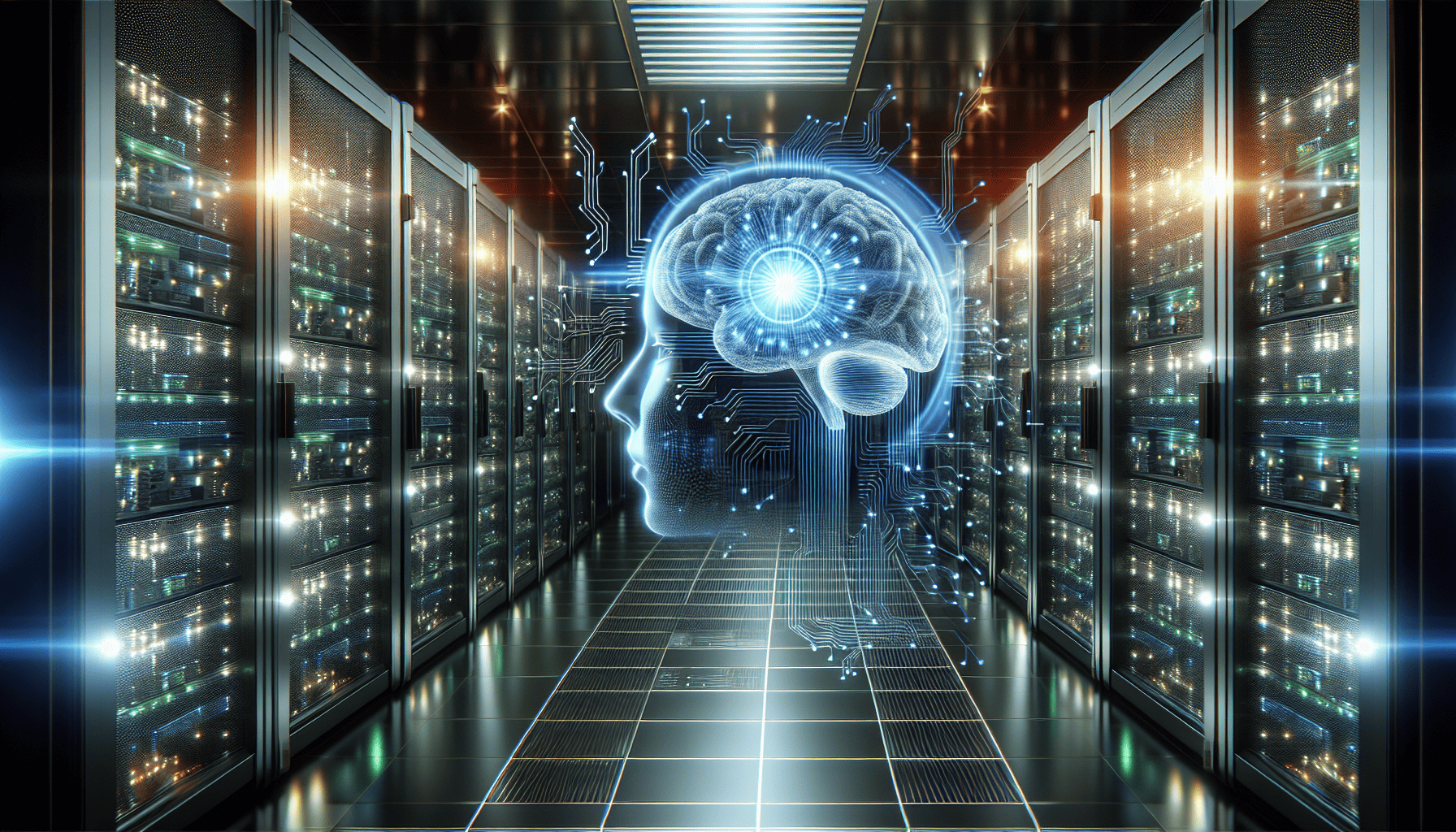In today’s rapidly evolving digital landscape, artificial intelligence (AI) and machine learning (ML) are no longer just buzzwords; they have become critical tools that empower businesses to maintain their competitive edge and drive innovation. These technologies are revolutionizing how organizations operate, enabling them to not only automate complex processes but also derive insights that were once beyond human reach.
At the core of this transformation is intelligent automation. AI and ML tools can handle large volumes of data with speed and precision, performing tasks that traditionally required significant human intervention. From automating customer service with chatbots to optimizing supply chain logistics and enhancing predictive maintenance in manufacturing, intelligent automation streamlines processes, reduces errors, and saves valuable time and resources. This automation frees employees from mundane tasks, allowing them to focus on higher-value activities that contribute to business growth and innovation.
Beyond automation, AI and ML excel in providing insight-driven decisions. In an era where businesses are inundated with massive amounts of data, the ability to analyze and glean actionable insights from this data is a game-changer. Machine learning algorithms can identify patterns and trends that might be invisible to the human eye, enabling companies to make informed decisions about everything from product development to market strategies. This data-driven decision-making approach ensures businesses are not just reacting to the market but proactively shaping it.
The impact of AI and ML is evident across various industries. In healthcare, these technologies are being used for predictive diagnostics and personalized treatments, significantly improving patient outcomes. In finance, they enhance fraud detection and risk management, safeguarding assets and ensuring regulatory compliance. Retailers utilize AI to offer personalized shopping experiences, improving customer satisfaction and loyalty. Each industry exemplifies the profound impact of AI and ML in driving efficiency and innovation.
However, the adoption of AI and ML is not without challenges. It requires a robust data infrastructure, advanced analytics capabilities, and a commitment to continued learning and adaptation. Moreover, ethical considerations around data privacy and algorithmic bias must be addressed to ensure the responsible deployment of these technologies. Businesses must navigate these challenges thoughtfully, balancing innovation with ethical responsibility.
Looking to the future, the integration of AI and ML into business strategies will only deepen. As these technologies continue to evolve, they will unlock new possibilities, transforming not just individual businesses but entire industries. Strategic investments in AI and ML capabilities will be crucial for any organization aiming to thrive in the digital age.
In conclusion, AI and ML are more than just technological advancements; they are strategic assets that can transform how businesses operate. By embracing intelligent automation and insight-driven decision-making, organizations are not only optimizing their current operations but also positioning themselves for future success. As businesses continue to navigate the complexities of a digital world, AI and ML will undoubtedly play a pivotal role in shaping their futures.
